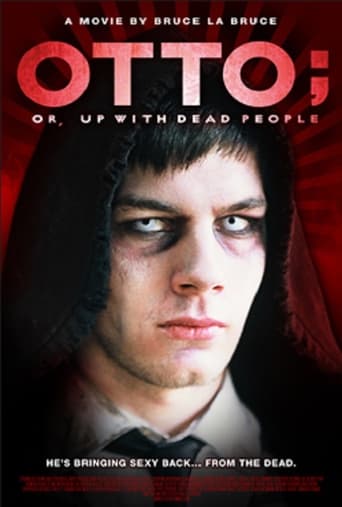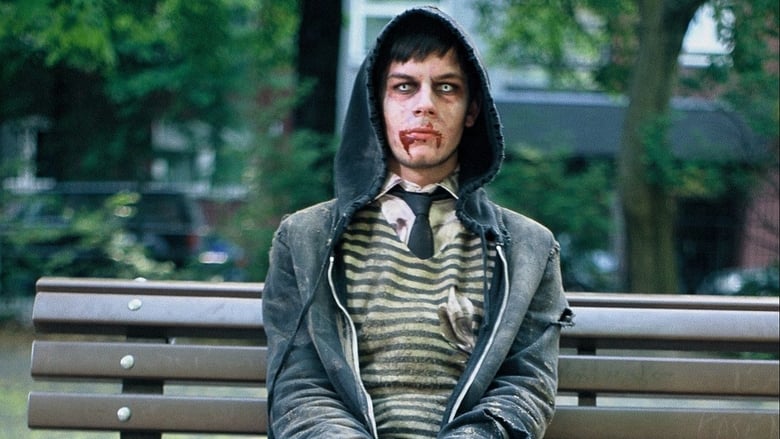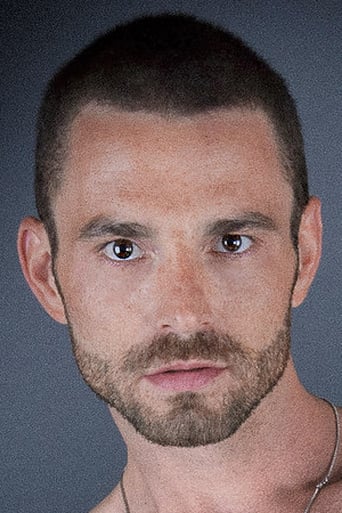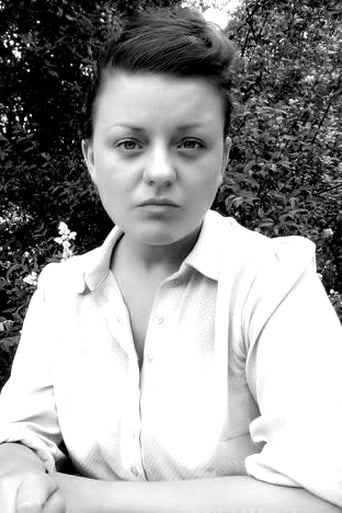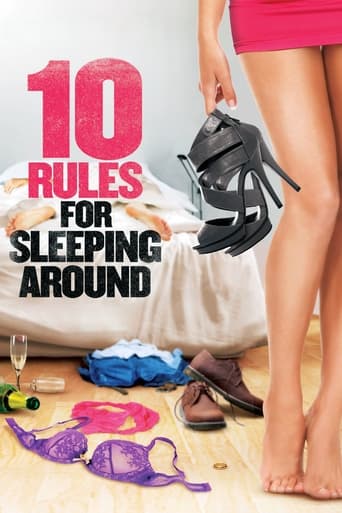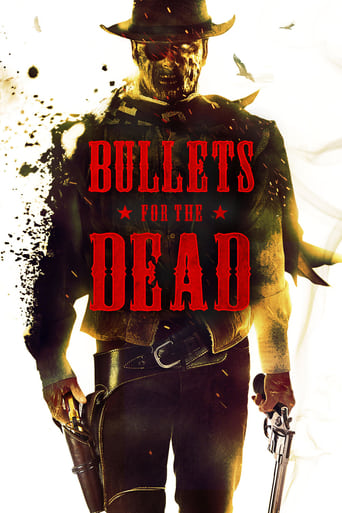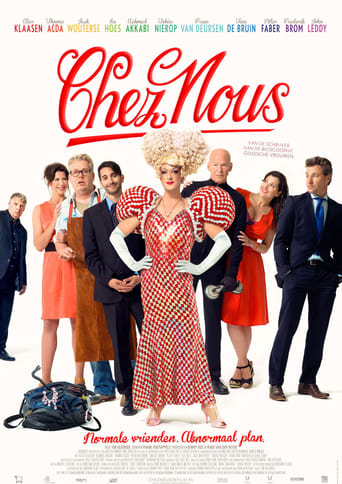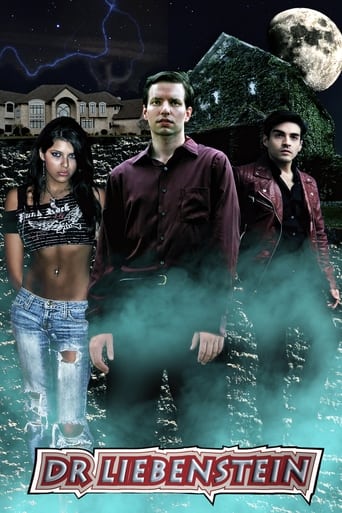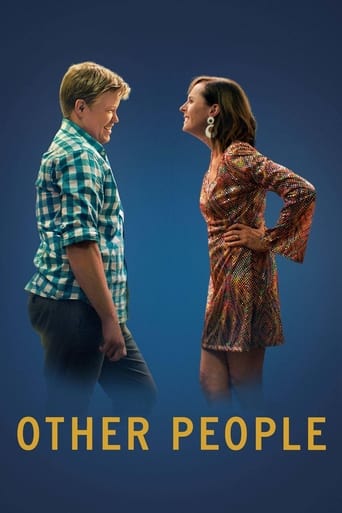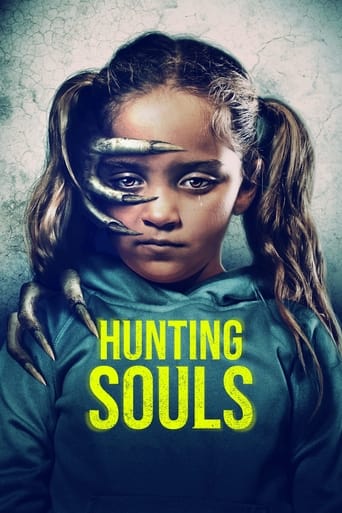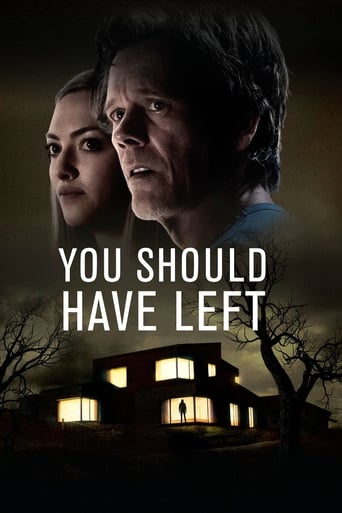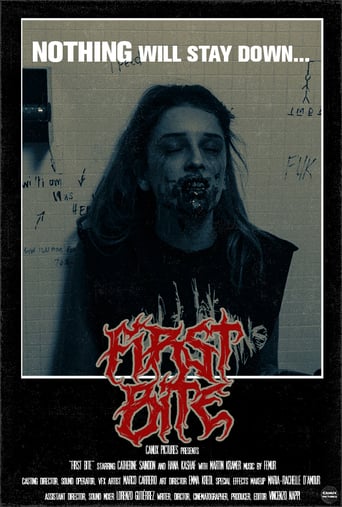Otto; or, Up with Dead People (2008)
A young zombie named Otto appears on a remote highway. He has no idea where he came from or where he is going. After hitching a ride to Berlin and nesting in an abandoned amusement park, he begins to explore the city. Soon he is discovered by underground filmmaker Medea Yarn, who begins to make a documentary about him with the support of her girlfriend, Hella Bent, and her brother Adolf, who operates the camera. Meanwhile, Medea is still trying to finish Up with Dead People, the epic political-porno-zombie movie that she has been working on for years. She convinces its star, Fritz Fritze, to allow the vulnerable Otto to stay in his guest bedroom. When Otto discovers that he has a wallet that contains information about his past, before he was dead, he begins to remember details about his ex-boyfriend, Rudolf. He arranges to meet him at the schoolyard where they met, with devastating results.
Watch Trailer
Free Trial Channels
Cast


Similar titles
Reviews
Crappy film
I cannot think of one single thing that I would change about this film. The acting is incomparable, the directing deft, and the writing poignantly brilliant.
if their story seems completely bonkers, almost like a feverish work of fiction, you ain't heard nothing yet.
While it is a pity that the story wasn't told with more visual finesse, this is trivial compared to our real-world problems. It takes a good movie to put that into perspective.
I'm blown away by how much I like "Otto." I'm a straight woman who is not into horror films, B movies or zombie flicks. I am, however, studying gay cinema; still, everything I read about this film told me I would hate it. Ultimately, my reasons for liking it have little to do with an interest in gay cinema but rather I am touched by what "Otto" says of heart and head. Which was a big surprise! I was intrigued by the silent film element. I absolutely love the idea of refusal to participate in "consensual reality" as a revolutionary act. That was what made me decide to keep watching and I'm glad I did. I'm rating this highly because I love to be surprised. I enjoy having my preconceived notions shattered, especially when I am so certain that I know how I feel about things. I have never seen anything like "Otto" -- which impresses me and has me thinking. Not only do I not regret the time spent watching this film but now I'm writing this. Who saw that coming?If you have patience, there is something lovely in all of this messy, gory absurdity. The surreal pretension leads to something rare and sweet.******SPOILERS!******
Bruce La Bruce film is a brilliant analysis of contemporary displaced people, individuals who live on the margins of society, groups that struggle to obtain validation of either legal or social nature."Otto" is the story of an outcast teenager. Now, there would be nothing original about this except for one detail: In a world in which the living dead are humanity's recurrent plague, Otto is a boy that defines himself as a non flesh-eating zombie with an identity crisis.From the very beginning, the viewer is aware of a narration inside a narration, in a way that would be comparable to Propst literary models. "Up with Dead People" is the movie that lesbian intellectual Medea is filming, with references to Hélène Cixous views on the essential bisexuality of L'ecriture femenine, as well as Irigaray's Speculum of the other Woman (the mirroring of the female body surmounts feminist theory in this film as Hella, Medea's girlfriend, can only appear on screen as a black and white image from old reels of 1910-1920 movies, thus enabling a parallel between these two women and even classic and contemporary cinema).In the first scene Otto rises from the grave, a classic image that has transcended the 7th art and has forever become part of popular culture. Ever since Romero's "Night of the Living Dead" (1968) filmmakers have toyed with one of humanity's most fierily rooted fears: death or rather the question "what happens after Death?". Romero and others have also explored the living dead as a metaphor of social marginality and the reification of the subaltern thus creating one of the most fascinating sub-genres in film's history.This film proudly assumes this cultural heritage and builds upon it. As the narrator's voice tell us in the first scenes, these dead people have little or nothing to do with the classic flesh-eating, brain-devouring zombie. Those who are alive judge them as "An echo of their own somnambulistic conformist behavior". Normal society is exposed as a tyrannical Lacanian "Great Other", a Great Other that demands adaptation or extinction. Insofar heterosexual normative is carried out the Great Other is satisfied. The symbolic order, that which constitutes what one would perceive as "reality", can never suppress the "real" (id est, the obstacle of the symbolic order). But the real can only exist after the symbolic order (which relies greatly on language, the widest symbolization process known) has been fully inserted in everyone's mind. Then, it's only logical that zombies are finally able to reclaim language and reasoning. If zombies were the outsiders of past decades, they are now entities that can never fit in and that are constantly aware of their own situation. What can be more destabilizing for the heterosexual normative than homosexuality taken to the extreme?, in this case, a new wave of gay zombies that prey upon male flesh, in a very carnal and literal way.Otto lives, or unlives, eating animals instead of humans. He runs away from those who would seek to harm him. And he finds a way to define himself thanks to Medea and her movie which is full of theory references. As Medea's brother so aptly confirms, here the subject is "the empty signifier upon which you could project any particular gender".Jacques Lacan's psychoanalytic theory derives from Levi-Strauss structuralism (after Saussure and Jacobson linguistic studies). They would affirm that certain structures have invariably persisted in humanity's development. One of such structures is the dual nature of language. When Saussure defined langue and parole he decided that the entire language was nothing more than a system of signs, signs that had arbitrary value and that would only have meaning in their relation with other signs. If so, the human language can only exist in a dual system of opposition (signifier / signified: signifier as the acoustic image generated by an idea or object and signified as the word in any given language that is utilized to retrieve that acoustic image from our memory). This fundamental duality has its first manifestation in sexual gender (males versus females). And as Lacan explains, the first structure one encounters as one enters into the world is that of sex, one is either a man or a woman, no one can be both or neither. Or at least that's what heterosexual normative would have us believe. There is no place for a third sex and has never been one, hermaphrodites and other variants have been utterly discarded by psychoanalytic theory.Lacan, nonetheless, accepts in his sexuation graphic that being a woman doesn't necessarily mean to occupy the female position or that being a man doesn't necessarily mean to occupy the male position. He also accepts that the male and female positions have evolved through history and adapted to social requirements, being a man or being a woman, as gender affiliated roles, is a sign of arbitrariness, in the sense that there is nothing human that can be defined as a masculine or feminine behavior. Everything is a social construction. And as such is an empty signifier. Gender roles are different now compared to recent centuries, or even decades, and they keep changing. Nothing is set in stone.Does "Otto" attempt to disrupt the Lacanian structure? Otto has experienced idealized love (indisputably visible in his flashbacks as a living boy), savage and destructive sex with a costumed gay that thinks Otto is disguised as a zombie, and the possibility of a more complete relationship with Fritz, the movie star. He deals with the masculine position in his first love, he assumes sex as the ultimate manifestation of a consumer-based capitalist world (to consume and cannibalize are here synonyms), and finally accepts the failure to insert himself into society (after his brief relationship with Fritz) and wanders towards the north, hoping to find people like him, hoping to find, perhaps, a Utopian gay civilization in which the living and non-living can finally divert their basic and seemingly irreconcilable natures.
I am quite surprised how most of the reviews I have read are concentrating on the political, provocative and homosexual themes in this movie. But I think these aren't really in the spotlight in this movie. In my opinion, the movie is in essence a tragic presentation of a how main character's life has been affected by schizophrenia and of all the movies I have watched, this has been the most authentic and medically realistic movie regarding this disease. There are tens of clues that lead us to suspects of Otto's disease - and this is also worded by Medeia and Otto's ex-boyfriend at the end of the movie (speaking about his mental disease, not specifically mentioning schizophrenia, but still the diagnosis seems to be obvious if we observe the major symptoms presented in the movie: he hears noises all of the time, he sees people laughing at him on the train, his social alienation is apparent, emotional apathy, also the delusion that he is dead is a strong sign of schizophrenia). Otto is not really a zombie - this is only his delusion as a part of his disease. Really tragic is to see how he is isolated now - his boyfriend has left him when he was diagnosed, he is beaten, alone, wandering alone the empty road, not even recognising his own father. This movie has really touched me, although i wasn't particularly amused with bloody scenes. But I could easily forget these and the only thing that really stayed on my mind after the movie was Otto and his life, which has been superiorly presented in this movie.
dear Elly-belly; your comment really irritated me. i feel sorry for you if those are the real thoughts of you about the movie. first of all, Medea was not the only character that was political and "goth", in fact the whole zombie concept is goth so it suits the movie. the political elements were very clearly explained, its your problem if you fell asleep during the film. Otto is a character that not only should be watched, he also needs to be understood. there you need the ability to empathy, to see the dilemma; otherwise all of your precious time is wasted. i suppose your not sexually open minded either. thinking that all those people in the cinema could watch the porn scenes with a smile on there face is SICK. "..no joy expression on there face.." what should the man do? masturbate?? pf..finally, its a perfect movie for those who enjoy something extraordinary but not simple.

